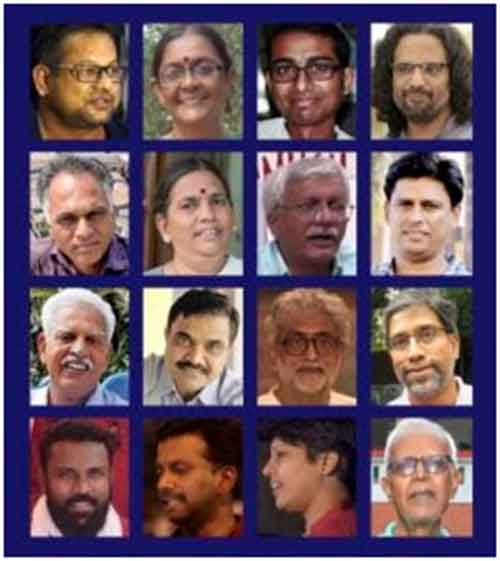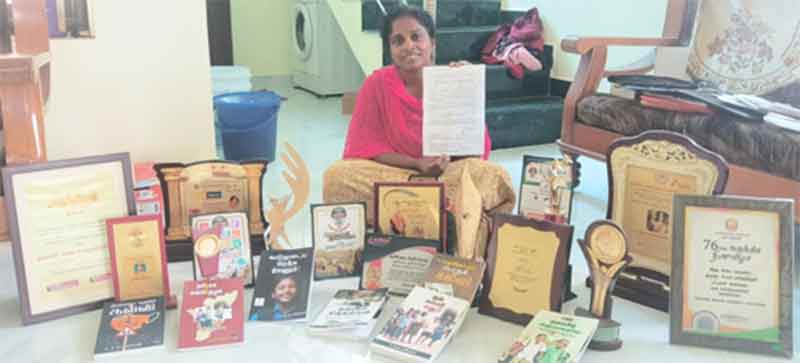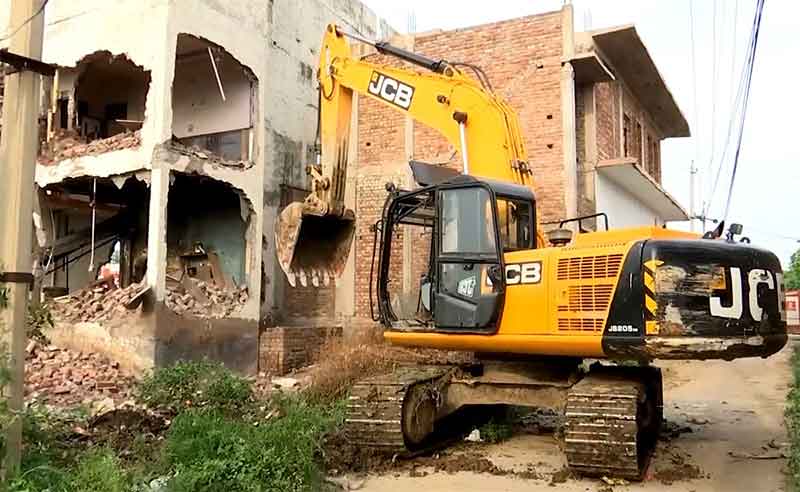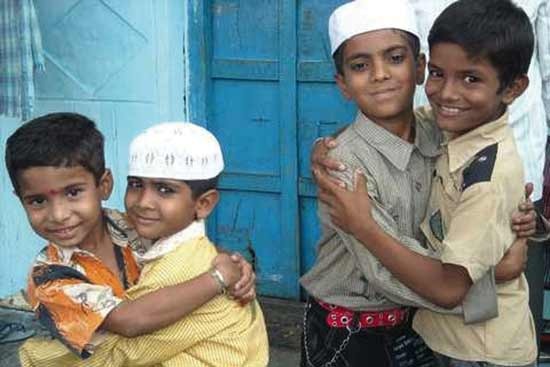
The second wave in recent weeks has overwhelmed the healthcare system, leaving hospitals and people both struggling to cope with critical drugs and oxygen in short supply. The situation now seems a little under control with infections slowing down. Pandemic has revealed a lot of mismanagement on the part of the government. Many sections of the society have skipped the gaze of the government, political prisoners being one of them.
India’s prisons are overcrowded with nearly 70% under trial prisoners. A majority of India’s under-trials are from marginalised section of the society with more than 85% from Scheduled Caste, Scheduled Tribe, Other Backward Class and Muslim communities. As per Prison Statistics India Report 2019, there were 4.78 lakh inmates in around 1,300 prisons in the country with official capacity of keeping 403,739 only.
A large number of people are languishing in prisons without quality legal aid, and lack of family support. When the second wave of the pandemic raged across India, the country’s overcrowded prisons were in danger of becoming major hotspots for the spread of the virus. Dozens of political prisoners, mainly civil rights activists, continue to deteriorate in prison indefinitely with no possibility of their trials commencing any time soon. We have witnessed people, administration and even executives at times flouting the covid-19 guidelines at one point or the other. Imaging, the situation inside the dungeon cells, with covid patients without any proper medical aid and measures is enough to make our head turned in that direction.
In March 2020, the Supreme Court took suo motu notice of the situation in the prisons and passed several significant orders, which led to the constitution of high powered committees (HPCs) at the state level, headed by the chairperson of the State Legal Services Authority, to decide on categories of prisoners who could be released on temporary bail and parole to reduce overcrowding of prisons. It also passed orders for the Under Trial Review Committees headed by a district judge to meet every week to identify under-trials who could be released on bail or personal recognisance bond, as per criteria in a standard operating procedure (SOP) issued by the National Legal Services Authority (NALSA). Despite top court intervening in the matter, no action was taken by the government in realising them amidst the pandemic.
The continued incarceration of the activists and students taken as prisoners has distanced them from the deaths and sufferings of their relatives, often taking away the final moments of grief and closure. Recently, Mahavir Narwal, father of Pinjra Tod activists who is in police custody passed away after contracting Covid. He could not meet his daughter for the very last time. As her father’s condition deteriorated in hospital, Natasha filed a bail plea seeking release to look after her ailing father. But it was too late. A day after her father’s death, the court granted the 32-year-old activist a three-week interim bail, calling it “imperative”, to allow her to cremate her father. Natasha is among many activists imprisoned a year ago under the Unlawful Activities Prevention Act (UAPA), a stringent anti-terror law that allows detention for up to 180 days without charges, despite outrage by rights groups and international organisations.
It appears that the system is both blind and deaf to the cries and pains of political prisoners. Life in prison is difficult even during the normal times and considering the alarming situation outside it has degraded to unimaginable conditions. Anticipating an outbreak of the deadly virus in overcrowded prisons, activists and rights groups have been demanding the release of India’s political prisoners, some of whom are in their 70s and 80s and therefore vulnerable to infection. However, most of their pleas have gone unheard, with rare exceptions made only when the condition of a prisoner turned critical.
On May 3, Hany Babu, a jailed academic and an anti-caste activist complained of an acute eye infection that has led to a gradual loss of his vision. The 55-year-old professor at the University of Delhi was arrested in July last year for his alleged role in the Bhima-Koregaon violence. India’s National Investigation Agency (NIA) denounced a few activists and scholastics – including Babu, Gautam Navlakha, Father Stan Swamy, Sudha Bharadwaj, Anand Teltumbde, and Varavara Rao, among others – of having links with the extreme-left Maoist rebels and conspiring against the government, including “plotting the assassination” of the Narender Modi.
Even after many young activists held in prisons started testing positive, the government did not pay heed to the gravity of the situation. Umar Khalid, a JNU student and activist arrested under the draconian UAPA tested positive last month. He accounts his painful experience when he was positive and so were many people in his family and yet he was not released or even considered to be released.
The United Nations has called on governments to reduce their prison population wherever possible due to the pandemic. But, the arrogance of the BJP government is such that the health and well-being of those held inside is nothing but a mere joke for them. There is no data of states who have started vaccination process of the inmates. Delhi. They are facing punishment even before their charges are proven. It feels as though it is only after a long-drawn trial that we can expect them to be free. Most of them are inside are pre-trial detention and the pandemic will only further delay the proceedings with several judges, lawyers and court staff falling ill. Clearly, the process itself is the punishment. And this process, torturously slow even in normal times, has become excruciatingly cruel in conditions that prevail today.
The vulnerability of our criminal justice system stands exposed in the second covid-19 wave. With COVID-19 positive cases in prisons rising exponentially it would have been a change in sight if the government spared a thought for political prisoners and their families; for Mahavir Narwal, who not only suffered from Covid-19 at the end but also from a year-long agonising wait longing to see his daughter free for many such families too.
Naveelah Ishteyaque is a political commentator
GET COUNTERCURRENTS DAILY NEWSLETTER STRAIGHT TO YOUR INBOX
















































